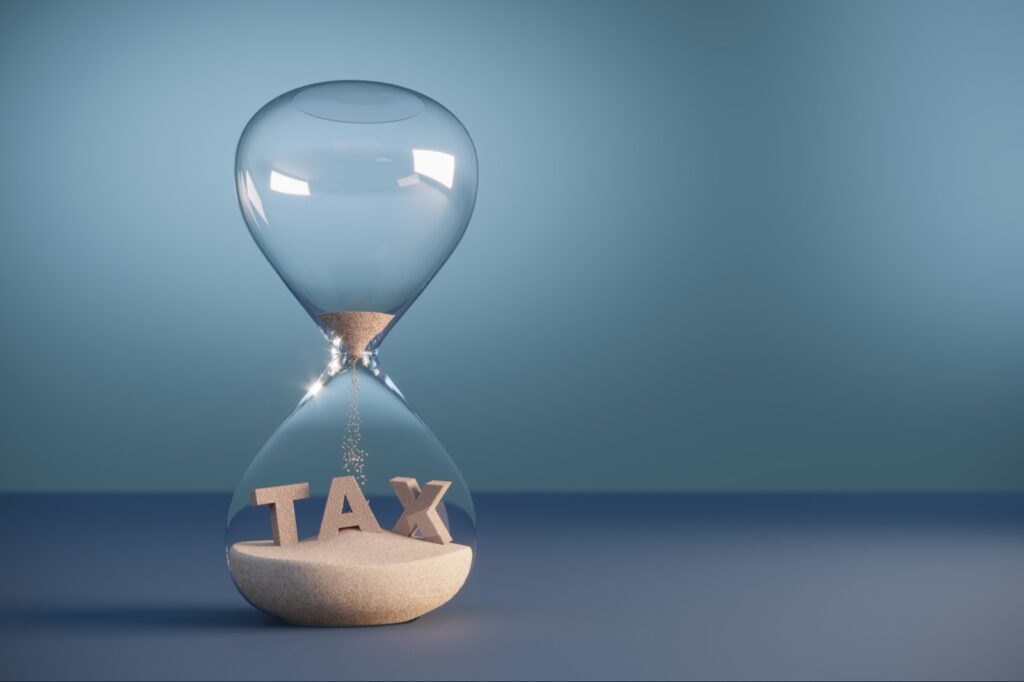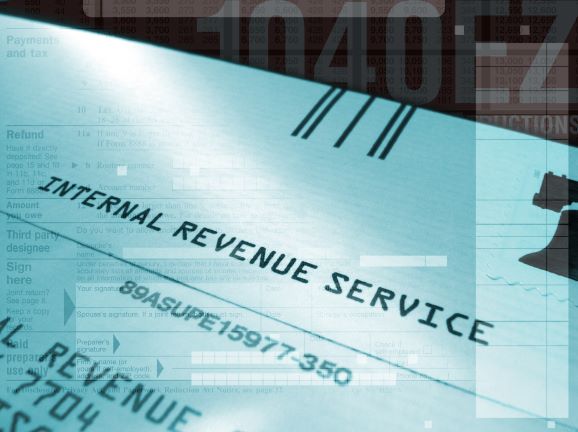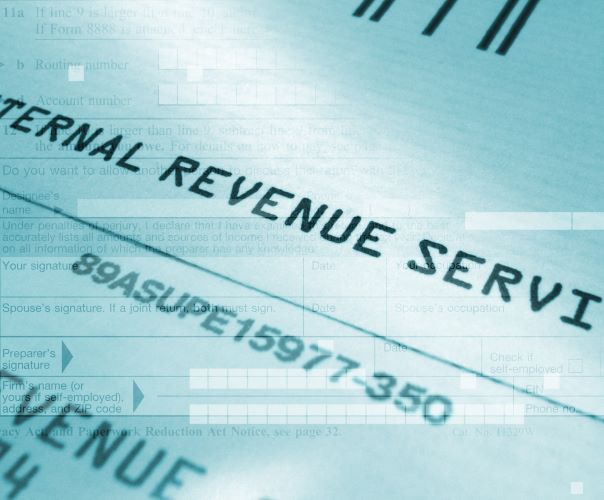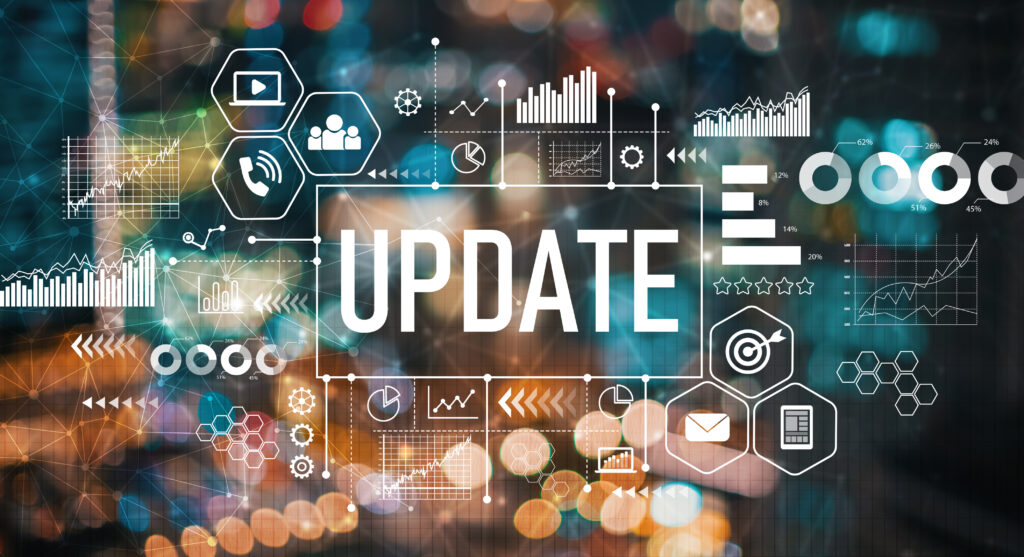On July 4, the President turned the One Big Beautiful Bill Act (OBBBA) into law with his signature. This is one of the most significant overhauls to the tax code in some time. Both businesses and individuals will be impacted by the changes this will bring. Here we provide a brief overview of some of the key changes to the tax provisions.
Changes for Businesses
Depreciation
For property acquired and placed in service after January 19, 2025, OBBBA restores 100% bonus depreciation.
Under Section 168(n) for any portion of nonresidential real property that is considered “qualified production property,” the legislation creates a new elective 100% depreciation allowance. This election is available if construction on the property begins after January 19, 2025, and before January 1, 2029, and the property is placed in service by the end of 2030.
The bill raises the Section 179 deduction limit to $2.5 million and sets the phaseout threshold at $4 million for property placed in service after 2024, with both amounts indexed for inflation in future years.
Section 174 Research Expensing
For tax years beginning after December 31, 2024, OBBA permanently restores domestic research costs expensing. Section 174A includes the permanent expensing rules, includes software development statutorily included in the definition of research for purposes. Section 174 is amended providing for the continued 15-year amortization of foreign research costs. Section 174A amortizing options over either 10 years or the useful life of the research (with a 60-month minimum) remain the same.
The bill offers two alternative transition rules and generally requires taxpayers to implement the new treatment with an automatic accounting method change on a cut-off basis. Taxpayers can elect to claim any unamortized amounts incurred in calendar years 2022, 2023, and 2024 in either the first tax year beginning after 2024 or ratably over the first two tax years beginning after 2024. Separate transition rules are available for eligible small business taxpayers meeting the gross receipts test under Section 448 ($31 million in 2025) for the first tax year beginning after 2024, allowing those taxpayers to file amended returns to claim expensing for tax years before 2025.
Effective for tax years beginning after 2024, OBBBA amends Section 280C to again require taxpayers to reduce their deduction for research costs under Section 174A by the amount of any research credit (or reduce their credit by an equivalent amount).
Section 163(j) Interest Deduction Limit
Effective for tax years beginning after 2024, OBBBA permanently restores the exclusion of amortization, depletion, and depreciation from the calculation of adjusted taxable income (ATI) for purposes of Section 163(j), which generally limits interest deductions to 30% of ATI.
Form 1099 Reporting
Section 6050W is amended to reinstate the 200 transaction and $20,000 threshold for reporting third-party payment network transactions on Form 1099-K. OBBBA restores the old threshold retroactively so that reporting is required only if aggregate transactions exceeded 200 and aggregate payments exceeded $20,000.
OBBBA increases the threshold for reporting payments under Sections 6041 and 6041A on the respective Forms 1099-MISC and 1099-NEC from $600 to $2,000 in 2026, indexing that figure to inflation in future years.
Section 199A
OBBBA makes the deduction for pass-through income under Section 199A permanent and adjusts the phaseout of the deduction for taxpayers who do not meet the wage expense and capital investment requirements or who participate in a “specified trade or business.” It also creates a minimum deduction of $400 for taxpayers with at least $1,000 of qualifying income.
Opportunity Zones
The qualified opportunity zone (QOZ) program becomes permanent under OBBA with updates to the rules for investments made after 2026. Taxpayers can continue to defer capital gain by investing in a qualified opportunity fund. For investments made after 2026, taxpayers will be required to recognize the deferred gain five years after the date of the investment but will get a 10% increase in basis. OBBBA also adds a rule freezing the basis step up at the fair market value 30 years after the date of the investment.
At the end of 2026, current QOZ designations will expire, and new zones will be designated in rolling 10-year designation periods under new criteria including a new category of rural opportunity zones. There are substantial new reporting requirements for both qualified opportunity funds (QOFs) and qualified opportunity zone businesses (QOZBs).
It is anticipated the new criteria will reduce the number of QOZs. The 10% basis increase is tripled to 30% for investments in rural opportunity zones and the threshold for establishing the substantial improvement of qualifying property would be lowered to 50%.
Qualified Small Business (QSB) Stock
Under Section 1202, OBBBA enhances the exclusion of gain for QSB stock issued after the date of enactment as follows:
- Taxpayers can qualify for a 50% exclusion after three years and a 75% exclusion after four years in addition to the existing 100% exclusion for qualified stock held for five years;
- Beginning in 2027, the current limit on the exclusion increases to $15 million, indexed to inflation; and
- Beginning in 2027, the limit on gross assets at the time stock is issued increases from $50 million to $75 million, indexed to inflation.
Exception for Percentage of Completion Method
Under Section 460, OBBBA expands exceptions to the percentage of completion method under the long-term contract rules. The exception for home builders is expanded to include all residential construction. Further, the exception from the uniform capitalization rules for home builders meeting the gross receipts threshold under Section 448(c) ($31 million in 2025) is expanded to include all residential construction, and the allowable construction period is extended from two years to three.
International
Foreign-Derived Intangible Income (FDII)
OBBBA makes significant reforms to FDII, for taxable years beginning after December 31, 2025, including making the calculation of income more generous and raising the effective rate.
The bill permanently lowers the Section 250 deduction from 37.5% to 33.34%. The change increases the FDII effective rate from 13.125% to 14%.
OBBBA repeals the reduction in FDII for the deemed return on qualified business asset investment (QBAI) and provides that interest and research and experimental (R&E) costs are not allocated eligible income.
Global Intangible Low-Taxed Income (GILTI)
Effective for tax years beginning after 2025, OBBBA increases the GILTI effective rate while making changes to the underlying calculation.
The Section 250 deduction for GILTI decreases from 50% to 40%. The effective rate before the FTC haircut will increase from 10.5% to 12.6%. The bill will also reduce the FTC haircut under GILTI from 20% to 10%, resulting in an equivalent top effective rate of 14%. It also provides that 10% of taxes previously associated with Section 951A taxed earning and profits are not treated as deemed paid for purposes of Section 78.
The deemed return for QBAI is repealed, increasing the amount of income subject to the tax. The provision also changes the allocation of expenses to GILTI for FTC purposes so that it includes only the Section 250 deduction, taxes, and deductions “directly allocable” to tested income. It also specifically excludes interest and R&E costs. *7[=
Energy Provisions
Consumer and Vehicle Credits
With varying effective dates, OBBBA rescinds the following credits:
- Previously owned clean vehicle credit (Section 25E) repealed for vehicles acquired after September 30, 2025;
- Clean vehicle credit (Section 30D) repealed for vehicles acquired after September 30, 2025;
- Commercial clean vehicle credit (Section 45W) repealed for vehicles acquired after September 30, 2025;
- Alternative fuel refueling property credit (Section 30C) repealed for property placed in service after June 30, 2026;
- Energy-efficient home improvement credit (Section 25C) repealed for property placed in service after December 31, 2025;
- Residential clean energy credit (Section 25D) repealed for expenditures made after December 31, 2025; and
- New energy-efficient home credit (Section 45L) repealed for property acquired after June 30, 2026.
Depreciation
OBBBA repeals the five-year depreciable life of qualified energy property. The Section 179D deduction is repealed for construction beginning after June 30, 2026.
Sections 48E and 45Y
OBBBA begins to phase out the production tax credit under Section 45Y and the investment tax credit under Section 48E for projects beginning construction after 2033, other than solar and wind projects.
Section 45X
The advanced manufacturing credit (Section 45X) is repealed for wind energy components sold after 2027 but will otherwise be extended to allow a 75% credit for components sold in 2031, 50% for 2032, 25% for 2033, and fully repealed for 2034 or later. The credit is expanded to cover metallurgical coal. Material assistance rules for prohibited foreign entities apply.
Changes for Individuals
Tax Rates
OBBBA makes the Tax Cuts and Jobs Act rates permanent. The tax brackets will remain at 10%, 12%, 22%, 24%, 32%, 35%, and 37% with thresholds adjusted annually for inflation. Individual rate cuts and bracket adjustments are made permanent while providing an extra year of inflation adjustment for the lower brackets.
Standard Deduction
Permanently increases the standard deduction as of January 1, 2025:
- Single & Married Filing Separately: $15,750
- Head of Household: $23,625
- Married Filing Jointly: $31,500
Personal Exemptions
Permanently terminates deduction for personal exemptions.
Estate and Gift Tax Exemptions
After 2025, permanently increases exemption from $13.61 million (2024) to $15 million (indexed from 2025).
Alternative Minimum Tax (AMT) Exemption
Makes higher exemption and phase-out thresholds permanent and increases phase-out rate to 50% (compared to 25% under current law).
Mortgage Interest Deduction
Makes $750,000 limit permanent and includes certain mortgage insurance premiums as qualified residence interest.
Home Equity Debt
This disallowance of home equity debt interest expense is now permanent under OBBBA.
Casualty Loss Deduction
Limitation of federal declared disasters made permanent and expands the provision to include certain state-declared disasters.
No Tax on Tips
Allows up to $25,000 deduction for qualified tips received in certain occupations, as defined by Treasury. The deduction is available to taxpayers who claim the standard deduction or who itemize and is available through 2028. Phases out the deduction when the taxpayer’s modified adjusted gross income exceeds $150,000 for single filers and $300,000 for married filing jointly.
No Tax on Overtime
Allows up to $12,500 for single filers and $25,000 for married filing jointly for qualified overtime compensation. The deduction is available to taxpayers who claim the standard deduction or who itemize and is available through 2028. Phases out the deduction when the taxpayer’s modified adjusted gross exceeds $150,000 for single filers and $300,000 for married filing jointly.
Miscellaneous Itemized Deductions
Permanently terminates miscellaneous 2% deductions including investment management fees, tax preparation expenses, and unreimbursed employee expenses.
Pease Limitation (Phaseouts of Itemized Deductions)
OBBBA permanently repeals the Pease limitation on itemized deductions that were previously suspended through 2025, creating a new limit. The new provision essentially caps the value of itemized deductions so that the maximum benefit achievable for the deductions is equivalent to offsetting income taxed at a top rate of 35% rather than offsetting income taxed at the higher individual marginal rate of 37%.
Charitable Deduction for Non-Itemizers (Cash Deductions Only)
Effective after 2025, this creates a permanent charitable contribution deduction of $1,000 for single filers. or $2,000 for married filing jointly for certain charitable contributions.
Charitable Deduction for Individuals who Itemize (Cash Deductions Only)
Limits the charitable deduction for taxpayers who itemize by providing a deduction only for charitable contributions to the extent that they exceed 0.5% of the taxpayer’s contribution base.
Personal Exemption for Seniors
OBBBA adds $6,000 bonus deduction for individuals aged 65 and above for years 2025 to 2028 and is phased out at higher incomes with modified adjusted gross income exceeding $150,000 for joint filers and $75,000 for all other taxpayers
Auto Loan Interest Deduction
Allows deduction for up to $10,000 of interest on new car loans for years 2025 through 2028. Cars must be US assembled passenger vehicles with the vehicle serving as security for the loan. The deduction begins to phase out once modified adjusted gross income exceeds $100,000 for single filers and $200,000 for joint filers. The car must be manufactured primarily for use on public streets, roads, and highways, and its final assembly must occur in the U.S.
State and Local Tax Cap
This provision makes the state and local tax (SALT) cap permanent while raising the threshold for five years and then reverting it to $10,000 in 2030. For 2025, the cap is set at $40,000 but phases down to $10,000 once income exceeds $500,000. Both thresholds will increase by 1% for each year through 2029.
Active Business Losses
OBBBA makes the active loss limit under Section 461(l) permanent effective for the 2027 tax year. Beginning with tax year 2026, the $250,000 for single filers and $500,000 for married filing jointly filers is reset to inflation adjusted amounts based on 2024.
Contact Us
These tax changes will impact both Chicago businesses and individuals and their tax planning strategies. If you have questions about the information outlined above or need assistance with a tax or accounting issue, Selden Fox can help. For additional information call 630.954.1400 or click here to contact us. We look forward to speaking with you soon.







